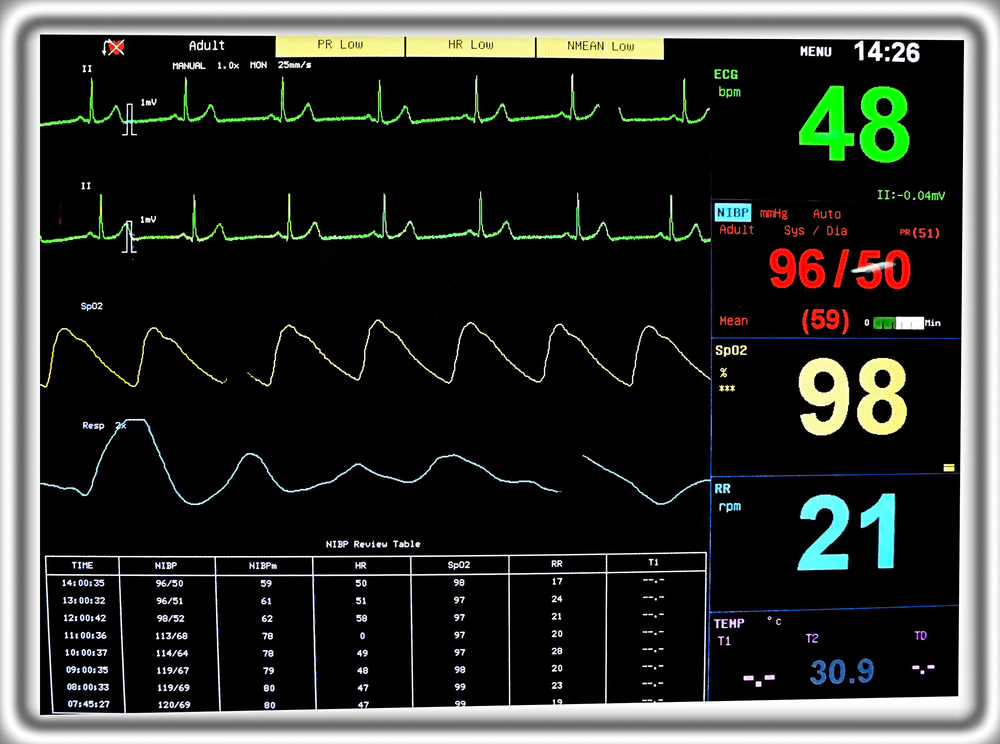
Should All Young Athletes Have An EKG Screening?
(By Dr. Shakha Gillin, MD, FAAP)
Should All Young Athletes Have An EKG Screening? 17-year-old football player Rod Williams died nearly two weeks after collapsing in practice at Georgia’s Burke County high school. The County Coroner, Susan Salemi, said his death was heart-related.
Another tragic and devastating loss of life and one that left people asking again if it could have prevented. Cardiac Arrest is one of the leading causes of death among young athletes. Although rare, the American Heart Association estimates that between 100 and 150 deaths occur each year in the United States. Is there something parents could have done to prevent those deaths? The answer is: maybe.
Every year, over 300,000 individuals in the U.S. experience a sudden cardiac arrest, a situation where the heart stops beating. Some of these cases are caused by abnormal heart rhythm patterns that could have been identified prior to the sudden arrest.
An electrocardiogram, or EKG, is the most commonly used way to identify these problems. While the test cannot identify everything, it will bring to light some abnormal heart rhythms. The great thing about an EKG is that it is easy, doesn’t hurt, and doesn’t have a lot of false positives. This means the results are usually normal, or not normal. There isn’t a lot of grey area.
EKGs are not a routine part of sports screening yet. Currently, we identify heart problems at your sports checkups with a good physical exam and a comprehensive evaluation of the history of any symptoms and a family history and based on that, will recommend an EKG. EKGs are not routinely done in the U.S. but they are used in many other countries. In Italy, for example, it is a free service to any athlete and since implementing this program in the early ’70s, the number of deaths there has declined.
Depending on the abnormal rhythm, it can often be corrected with a procedure. If it’s not something a cardiologist can correct, then the child’s activity should be modified.
If EKGs can help prevent sudden cardiac death, then why aren’t they a part of our routine sports evaluations? After reading the articles and data it’s not conclusive right now that doing an EKG on EVERYONE is worth the time or money. However, since these tests don’t hurt and don’t have a lot of false positives … if you can afford it or if it’s covered by your insurance, AND most importantly, if it could save your child’s life, then why wouldn’t you? If my child had a life-threatening arrhythmia that I could prevent, I would definitely want to know.
Here is the challenge. The prices can range from $30 to $100 for an insured EKG or $500-$3000 if you pay out of pocket.
Most Pediatricians do not do this in their office, you will need to ask your Pediatrician for an order to take to somewhere that EKGs are done and have it read by a Pediatric Cardiologist. There are also some great organizations that offer free EKGs for kids in the community. Epsavealife.org is the one used in my community and so far they have done over 15,000.
I usually recommend getting an EKG during the preteen to teen years. My son plays ice hockey and was previously on the ski team, my nephew plays soccer; both of them have had their EKGs. In my estimation, parents spend a lot of money on all sorts of things for our children; this is something that might actually save their life.
Dr. Shakha Gillin is the co-founder of Coast Pediatrics in Del Mar, CA. She has a special interest in preventative care, specifically, healthy and active lifestyles for children. She and her husband have a son.
*Like all information on this site it is provided as an information resource only, and is not to be used or relied on for diagnostic or treatment purposes and should not be used as a substitute for professional diagnosis and treatment.
More articles from Ilovetowatchyouplay.com that you might like:
My Daughter Quit Sports, And This Is What Youth Sports Parents Need To Know
The 6th Man Is Actually The Parent
Kids Tell Us The Truth About Sports Parents
9 Habits of Highly Effective Team Players
Are We Doing Too Much For Our Athletes?













